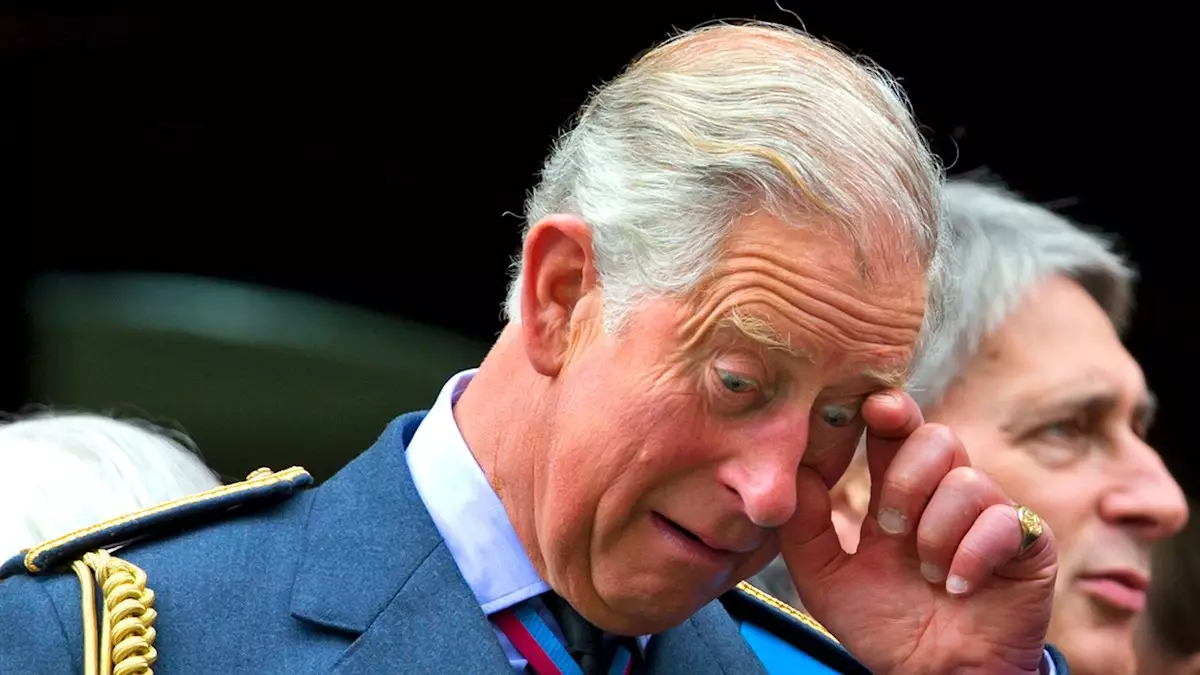Last year, Buckingham Palace announced King Charles’s diagnosis of cancer but opted not to disclose specific details regarding his medical care team. However, during the recent New Year Honours, King Charles inadvertently revealed the identities of key figures in his healthcare regimen by recognizing their efforts. This unexpected disclosure has piqued public interest, showcasing how royal medical discretion intersects with public transparency. The King awarded the Royal Victorian Order (RVO) to Dr. Douglas Glass and Professor Richard Leach, solidifying the importance of personal service within royal medical appointments.
Dr. Douglas Glass, the King’s general practitioner and former apothecary to the late Queen Elizabeth II, received accolades not only for his skillful care but also for his historical significance within the royal medical landscape. His presence during pivotal moments, such as Queen Elizabeth II’s passing at Balmoral, adds a layer of emotional resonance to his professional qualifications. In parallel, Professor Richard Leach, a seasoned consultant at the prestigious King Edward VII’s Hospital, where a generation of royals has sought treatment, stands as a testament to long-standing trusted relationships within royal health.
Both Dr. Glass and Professor Leach’s recognitions underline a remarkable aspect of royal medical tradition: the personal connection between monarchs and their healthcare providers. This honorific gesture aligns with previous instances wherein King Charles’s mother conferred accolades on her medical personnel, illustrating a lineage of recognition within royal healthcare. Yet, while these recognitions enhance the reputations of the honored doctors, they also raise questions regarding the extent of the royal family’s scrutiny over their health and wellness decisions, especially in the context of sensitive medical conditions like cancer.
Amid the recognition of his medical team, King Charles appointed Dr. Michael Dixon as the head of the Royal Medical Household. Dr. Dixon, a veteran general practitioner with a focus on complementary health approaches, has stirred some debate due to his interest in alternative medicine. Critics have raised concerns about the implications of blending homeopathy with conservative therapies, especially in light of traditional expectations surrounding royal healthcare. Dr. Dixon’s public stance clarifies that he does not advocate homeopathy as a cure for serious ailments like cancer; instead, he views it as a supplementary option when it complies with safety and evidence-based criteria.
King Charles’s healthcare narrative reflects a broader conversation about modern medical practices within traditional frameworks. His openness about acknowledging his medical team could serve to bridge the gap between royal exclusivity and public curiosity. As the monarchy evolves, the integration of alternative therapies alongside conventional medicine might signal progressive health choices that resonate beyond royal confines. King Charles’s reign thus far may well be characterized by a nuanced approach to health, where respect for tradition coexist with an openness to innovation, illustrating the dynamic interplay in royal healthcare in an ever-evolving society.

